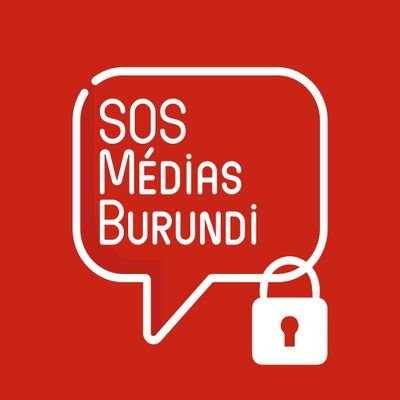Rwanda-Genocide: time for the fight against the genocide denial
Beginning this Friday of the national mourning week for the 29th commemoration of the Genocide against the Tutsi in 1994. The moment for Rwanda and the UN to fight against the negationism of this tragedy which claimed more than a million Tutsi, minority in three months in the land of a thousand hills. INFO SOS Médias Burundi
It has become a tradition, but not like others, every year since 1994, April 7 marks the beginning of the national mourning to honor the memory of more than a million Tutsi and some moderate Hutu perished in the genocide perpetrated against the Tutsi in 1994.
The national mourning celebrations were launched by the presidential couple who lit a torch at the Kigali memorial site where more than 250,000 people killed in Kigali and its surroundings are buried. The flame symbolizes hope according to the President of the Republic Paul Kagame, who was at the head of the RPF-Inkotanyi, this Tutsi rebellion which ended the genocide in July 1994.
Twenty-nine years later, the country is almost totally reconciled and has turned to inclusive development without distinction, declared Mr. Kagame, stressing that “the fight against genocide denial is a heavy project that all Rwandans and above all the survivors and survivors must build”.
This challenge is an ideology spread by the genocidaires or their descendants, especially in Europe and America.
Paul Kagame calls for international mobilization against genocide deniers.
There is plenty to do, at least among the Rwandan diaspora in the West as well as organizations fighting against genocide.
The association of survivors “Ibuka” emphasizes that it is committed to this project and calls on young people to use their knowledge to “fight against the scourge on social networks”.
April 7 is dedicated by the United Nations as the International Day of Reflection on the Genocide against the Tutsis in Rwanda in 1994.
For the 29th commemoration, the UN, accused by Rwanda of remaining indifferent in 1994, joins Rwandans in marking its commemoration.
The head of the United Nations, António Guterres delivered his speech and did not fail to point out “the failure of the international community in the face of this tragedy”.
“We pay tribute to the innocent victims of the genocide against the Tutsis, who perished during 100 days of horror, under the culpable and complicit silence of the international community. I salute the resilience of the survivors, who knew how to choose the path of unity and reconciliation to rebuild their country after the 1994 genocide,” he announced.
“We remember, filled with shame, the failure of the international community. The commemoration of this day is an opportunity to remember the importance of not forgetting the atrocities of the past and to take concrete measures to prevent such tragedies in the future. Each member of the United Nations must consider the prevention and fight against genocide as a fundamental duty. Let us build peace, dignity and human rights for all”, he concludes.
Officially, the national mourning lasts a week. But the commemorative activities go until July 4, the day the country was saved from the abyss by the RPF-Inkotanyi.
Leisure activities and songs are prohibited in public places during this period.

